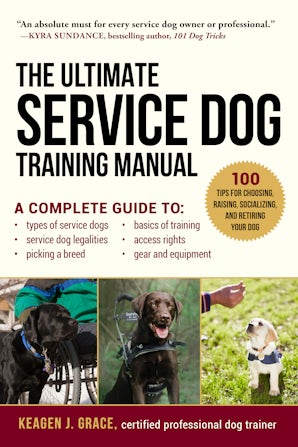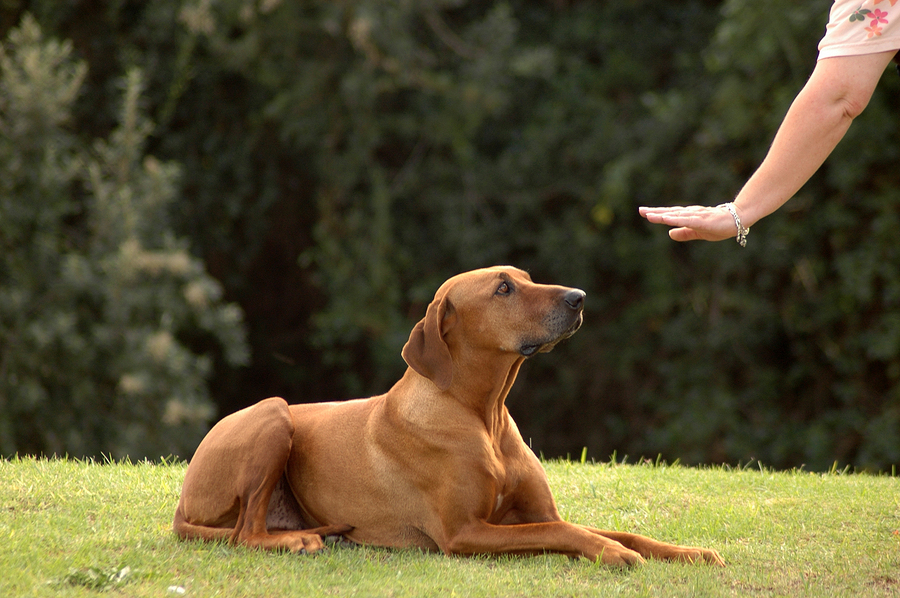Discover Effective Dog Training For Dogs to Boost Socializing and Obedience
Discover Effective Dog Training For Dogs to Boost Socializing and Obedience
Blog Article
Top Dog Training Techniques for Every Stage of Your Pet Dog's Life
Efficient canine training is important at every stage of a pet dog's life, as each phase offers unique challenges and chances for development - Dog Training For Dogs. From the foundational bonding methods necessary for young puppies to the tailored techniques required for elderly pets, comprehending these important periods can dramatically improve the human-animal bond. It is important to recognize that training ought to advance alongside a canine's advancement, making certain that techniques remain appropriate and effective. What certain techniques can be used to resolve the varying demands of your pet dog as it develops? The response might surprise you.
Puppy Educating Fundamentals
Puppy training essentials lay the foundation for a well-behaved grown-up pet dog and entail numerous vital components that must not be neglected. The initial phase of training concentrates on developing a solid bond in between the pup and its proprietor, which is essential for reliable communication. Socialization is critical; exposing pups to various atmospheres, people, and other pets assists them develop self-confidence and adaptability, lowering the likelihood of behavior issues later on in life.
Basic commands, such as sit, remain, and come, develop the structure of obedience training. Using positive reinforcement techniques, such as deals with and praise, motivates wanted behaviors and fosters a favorable understanding experience. Consistency in commands and training sessions is vital, as young puppies prosper on routine and structure.
In addition, residence training is a necessary element of young puppy training. Establishing a routine routine for restroom breaks and utilizing assigned areas can assist decrease crashes and advertise great habits. In general, an all-round technique to puppy training, incorporating residence, obedience, and socialization training, sets the stage for a well-adjusted adult dog, making certain an unified partnership between the family pet and its proprietor.
Teenage Actions Administration
As puppies mature into teenagers, their habits can alter dramatically, typically presenting new difficulties for proprietors. This developing phase, typically happening in between 6 months and two years, is noted by enhanced energy degrees, inquisitiveness, and a blossoming sense of self-reliance. Recognizing these adjustments is important for reliable behavior monitoring.
Teens may show rebellious tendencies, such as neglecting commands they previously understood or taking part in harmful actions. Consistency in training stays vital; enhancing discovered habits via favorable reinforcement can help neutralize these obstacles. Short, engaging training sessions are vital to keep their passion and focus.

Furthermore, establishing a structured routine can considerably improve a teenage canine's complacency. Normal workout is important to funnel their power favorably, reducing the possibility of undesirable actions. By employing these approaches, proprietors can successfully navigate the complexities of adolescent habits, cultivating a well-adjusted, pleased canine companion.
Adult Pet Dog Obedience Methods

Positive support stays a crucial strategy; satisfying excellent habits with deals with, praise, or play urges compliance. Uniformity is crucial; the exact same commands and incentives ought to be made use of by all member of the family to prevent confusion.
Incorporating training into everyday regimens can additionally be effective. Practice commands during strolls or meal times, permitting training to mix seamlessly into everyday life. Participating in structured activities, like agility get more courses or obedience classes, can additionally boost a pet's skills while offering important socializing possibilities.
It is vital to identify that adult canines may likewise display stubbornness or complacency. Changing training methods to preserve their rate of interest, such as varying rewards or introducing brand-new commands, can assist suffer motivation. Overall, an ongoing dedication to obedience training will certainly promote a well-behaved and well balanced grown-up pet dog.
Senior Pet Adjustment Methods
Identifying the special demands of elderly pet dogs is vital for ensuring their comfort and wellness. As pets age, they may experience a decline in mobility, vision, and cognitive feature, demanding tailored adjustment methods.
First, think about modifying the living setting. Ensure that the home is obtainable and secure; eliminate barriers and offer non-slip surface areas to stop falls. In addition, consider utilizing actions or ramps to aid them access their preferred spaces.
Secondly, workout must be changed to make up decreased endurance and joint health (Dog Training For Dogs). Participate in much shorter, much more constant walks, and integrate mild activities like swimming, which can be advantageous for arthritic joints
In addition, mental excitement continues to be important. Usage easy problem toys or involve in scent work to maintain their minds sharp, while avoiding frustrating jobs that may frustrate them.
Last but not least, regular veterinary exams are important to keep track of health modifications and adjust treatment routines as necessary. By applying these adjustment techniques, you can improve the quality of life for your senior canine, guaranteeing they age beautifully and easily.
Lifelong Understanding and Enrichment
While dogs of all ages take advantage of learning and psychological excitement, long-lasting enrichment is specifically crucial for keeping cognitive wellness and psychological health in both elderly and more youthful pets. Involving tasks not just enhance a canine's lifestyle however additionally strengthen the bond between the pet dog and its proprietor.
Enrichment can take various kinds, consisting of interactive playthings, puzzle feeders, and fragrance job, which boost a canine's detects and urge analytical. Routine training sessions, including new commands or techniques, keeps their minds sharp and advertises a sense of accomplishment. Socialization with other canines and individuals is similarly crucial, as it helps prevent behavior concerns and cultivates flexibility.
In more tips here addition, including workout into a dog's regimen is necessary for general health and wellness. Tasks like agility training, bring, or long strolls supply both physical and mental stimulation, guaranteeing pets continue to be happy and involved.
Lastly, think about varying the setting by introducing new areas for strolls or playdates. This change can reignite a dog's inquisitiveness and interest for exploration. Long-lasting continue reading this discovering and enrichment not just add to a meeting life but additionally promote an unified connection with your canine friend.
Conclusion
Effective pet training methods advance throughout a canine's life, dealing with the special requirements of each developing stage. Highlighting normal mental stimulation, socialization, and physical workout cultivates a balanced and fulfilling life for canines.
Efficient pet dog training is crucial at every phase of a dog's life, as each phase provides distinct challenges and chances for growth.Puppy training basics lay the groundwork for a mannerly grown-up dog and entail a number of essential components that need to not be forgotten. On the whole, a well-rounded strategy to puppy training, integrating home, socialization, and obedience training, establishes the stage for a well-adjusted adult dog, ensuring an unified connection between the pet and its proprietor.
Lots of canine owners might discover that adult pets, while usually even more stable in behavior than their teenage counterparts, still need consistent training to keep obedience and great manners.Efficient canine training techniques develop throughout a canine's life, dealing with the distinct requirements of each developmental phase.
Report this page